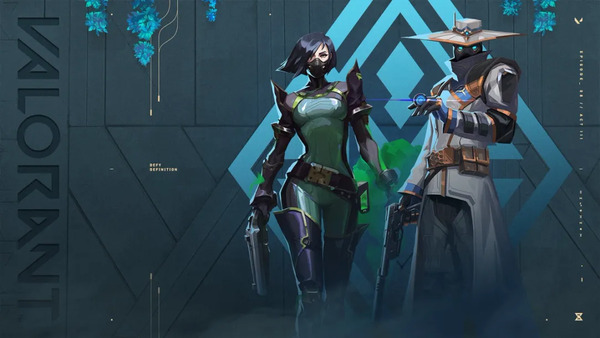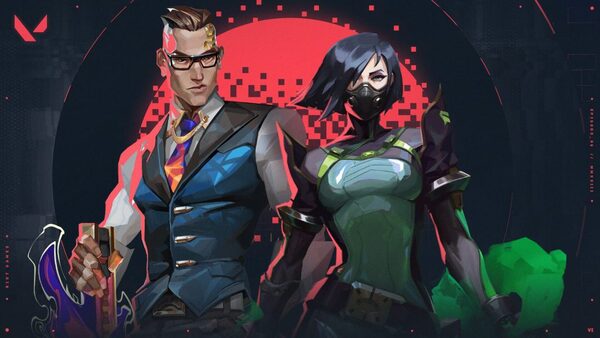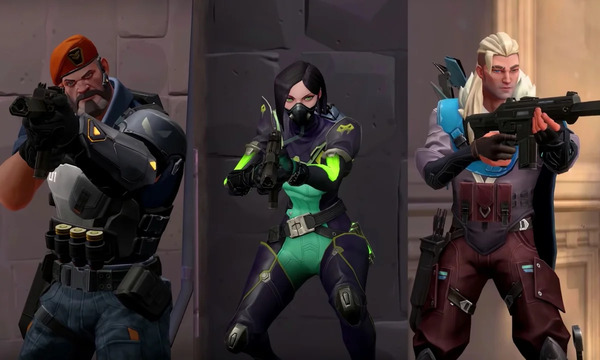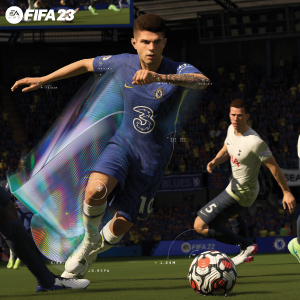Advertisement
Popular Now
Introduction
Valorant, Riot Games’ tactical first-person shooter, has captured the hearts of gamers since its release in 2020. Combining elements of hero shooters with classic CS gameplay, the game thrives on its diverse roster of agents, each equipped with unique abilities. However, with this diversity comes the challenge of maintaining balance among agents. This article delves into the ongoing issue of agent balancing in Valorant, exploring its implications for gameplay, competitive integrity, and community sentiment.
Understanding Agent Diversity
The Role of Agents in Gameplay
In Valorant, each agent fulfills specific roles—Duelists, Controllers, Sentinels, and Initiators—contributing to the game’s strategic depth. Duelists are designed to engage and secure kills, while Controllers manipulate the battlefield. Sentinels provide support and healing, and Initiators disrupt enemy setups. This variety fosters unique team compositions and strategies, making every match a dynamic experience.The Importance of Balance
Agent balance is crucial for maintaining fair competition. When one agent is overwhelmingly powerful, it can skew the gameplay experience, leading to frustration and diminishing the strategic elements that make Valorant appealing. Riot Games faces the challenge of ensuring no single agent dominates the meta, which can lead to a less enjoyable experience for players who prefer a diverse playstyle.The Current State of Agent Balancing
Meta Shifts and Community Reactions
The meta in Valorant is in constant flux, driven by player trends and Riot’s updates. Agents such as Jett and Reyna often find themselves at the forefront due to their high mobility and kill potential, leading to a perception that they are “must-pick” characters. The community frequently voices concerns about certain agents becoming too dominant, which can overshadow others who may require more skill or strategic understanding to utilize effectively.Riot’s Approach to Balancing
Riot Games employs a data-driven approach to balance agents, analyzing win rates, pick rates, and player feedback. Regular patches address the strengths and weaknesses of agents, but the rapid evolution of the meta makes it challenging to achieve lasting equilibrium. For instance, nerfing a powerful agent may inadvertently buff others, leading to a new set of dominant picks.The Impact on Competitive Play

Professional Scene Dynamics
In the professional Valorant scene, agent selection can significantly impact match outcomes. Teams often gravitate towards a small pool of agents considered “meta,” which can lead to predictable strategies. When an agent like Killjoy or Sova becomes essential, teams may feel pressured to conform, stifling creativity in agent selection.Viewer Experience
For viewers, a diverse and balanced competitive scene is critical. Matches that feature a variety of agents and strategies are more engaging to watch. A predictable lineup can diminish excitement and make the matches less enjoyable, potentially leading to reduced viewership and sponsorship opportunities.Player Sentiment and Community Feedback
The Player’s Perspective
Players have differing opinions on agent balance. While some enjoy the challenge of mastering less popular agents, others feel frustrated when their preferred characters are rendered ineffective due to balance changes. The sense of attachment to specific agents can lead to heated discussions within the community, creating a divide between casual players and competitive gamers.Community Forums and Discussions
Platforms like Reddit and official Valorant forums are rife with discussions on agent balance. Players share their experiences, suggest buffs or nerfs, and debate the merits of various agents. These discussions often highlight the disconnect between casual and competitive players, as different motivations lead to varying perceptions of balance.Balancing for New Agents
The Introduction of New Agents
With each new agent introduced, Riot must carefully consider how they fit into the existing roster. New agents can shift the meta dramatically, as seen with the addition of agents like Chamber and KAY/O. These characters often bring unique abilities that challenge existing strategies and force players to adapt.Testing and Feedback Loops
 Riot implements extensive testing phases for new agents, often using the Public Beta Environment (PBE) to gather player feedback. However, the sheer volume of community input can make it challenging to ascertain what changes are necessary. Balancing new agents requires a delicate approach, as they can either enrich the game or disrupt the established equilibrium.
Riot implements extensive testing phases for new agents, often using the Public Beta Environment (PBE) to gather player feedback. However, the sheer volume of community input can make it challenging to ascertain what changes are necessary. Balancing new agents requires a delicate approach, as they can either enrich the game or disrupt the established equilibrium.

















